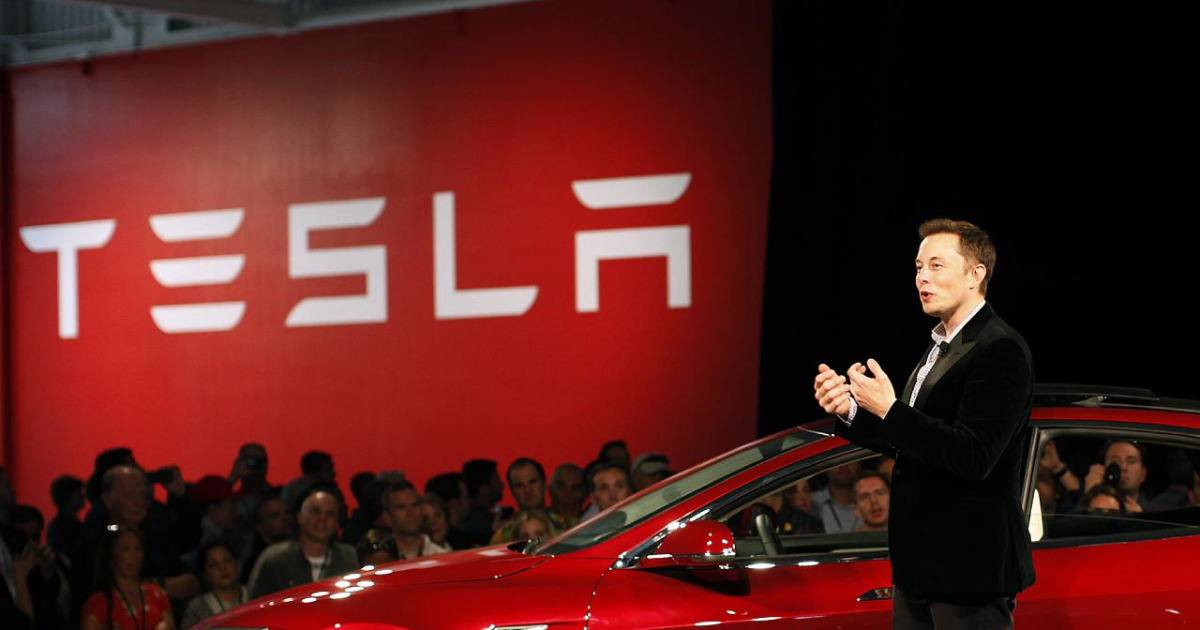During a Twitter Spaces conversation with Ford CEO Jim Farley, Elon Musk hinted at the possibility of Tesla opening up some of its automotive operating system code to other automakers. The move, if implemented, would put Tesla in direct competition with tech giants like Google and Apple, who already offer their own automotive operating systems.
Musk’s comment came in response to Farley’s acknowledgment that creating a “fully software updatable vehicle” is a challenging task. Musk expressed Tesla’s willingness to assist other companies on the software front and suggested that Tesla could potentially open source more of its code, drawing a parallel to the Android operating system’s impact on the phone industry.
The conversation took place during a Twitter Spaces session that announced a significant agreement between Tesla and Ford. Under the deal, Ford’s electric vehicle (EV) customers will gain access to Tesla’s Supercharging network in the United States and Canada. Additionally, Ford agreed to incorporate Tesla’s charging port into its second-generation EVs, including a truck and a three-row SUV, starting in 2025.
While Musk frequently shares ideas during live events, not all of them come to fruition. If Tesla were to commercialize its software for other vehicles, it would directly compete with Google and Apple, who offer Android Automotive OS and CarPlay, respectively, as operating system solutions for automobiles.
During the conversation, Musk and Farley also hinted at potential future partnerships, including in the supply chain. Farley inquired about Tesla’s Corpus Christi lithium refining plant, as Ford has been securing deals to ensure its access to lithium. Musk expressed concern about the shortage of entrepreneurs in the U.S. focused on raw materials mining and processing, noting Tesla’s involvement in nickel-based cathode refining and the potential need for anode manufacturing.
Despite being competitors, Musk has previously praised Ford, highlighting that both Tesla and Ford have managed to avoid bankruptcy. Ford, aiming to challenge Tesla’s position as the top EV seller in the United States, has made strides in its EV sales but still has a long way to go to catch up.
While Ford sold 61,575 EVs in the U.S. in 2022, Tesla sold a staggering 1.3 million EVs globally. Ford expects profitability in its EV and digital services business, known as Model e, to be achieved by late 2026 with an 8% operating profit margin. Ford’s traditional gas-powered engine units have helped offset the losses in its EV business. In terms of production goals, Ford aims to reach 600,000 EV units by the end of 2023 and 2 million by the end of 2026, while Tesla plans to produce 1.8 million cars in 2023, targeting a 50% compound annual growth rate.



![[CITYPNG.COM]White Google Play PlayStore Logo – 1500×1500](https://startupnews.fyi/wp-content/uploads/2025/08/CITYPNG.COMWhite-Google-Play-PlayStore-Logo-1500x1500-1-630x630.png)